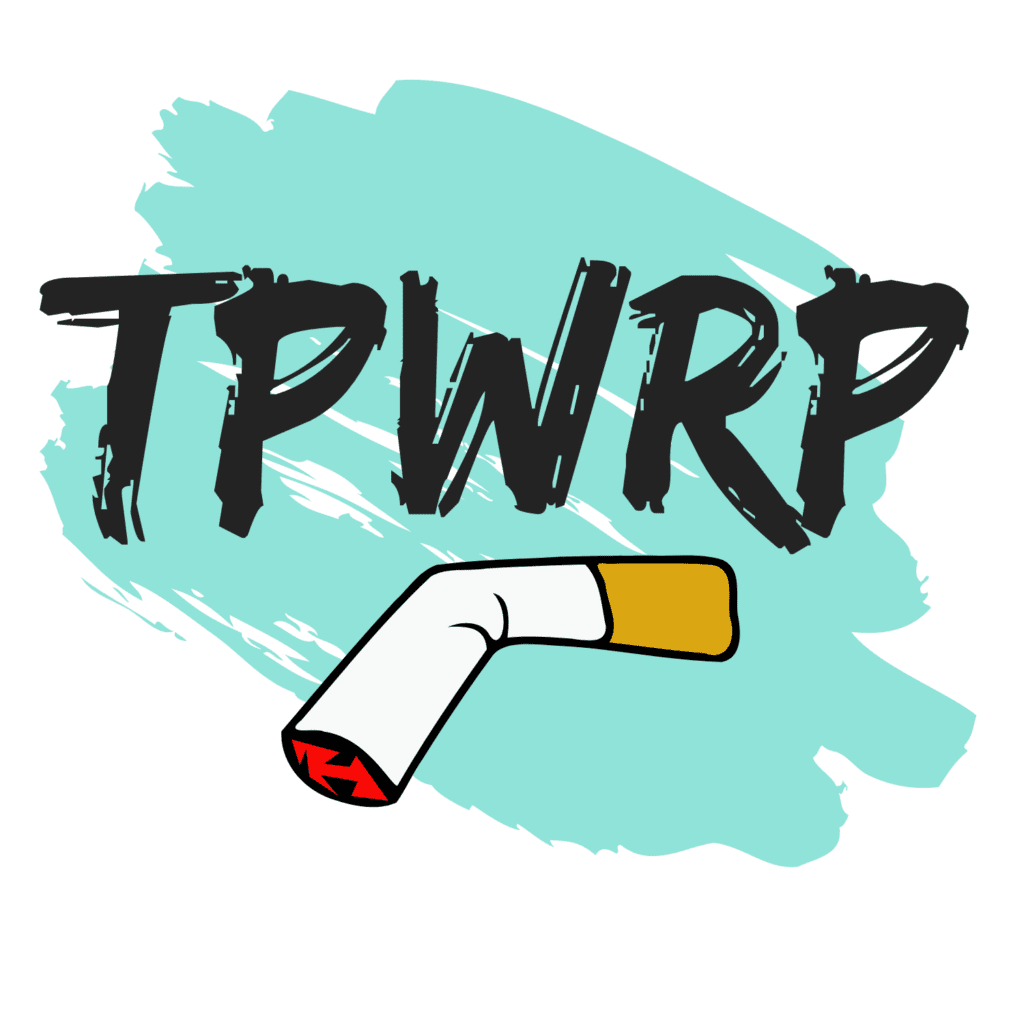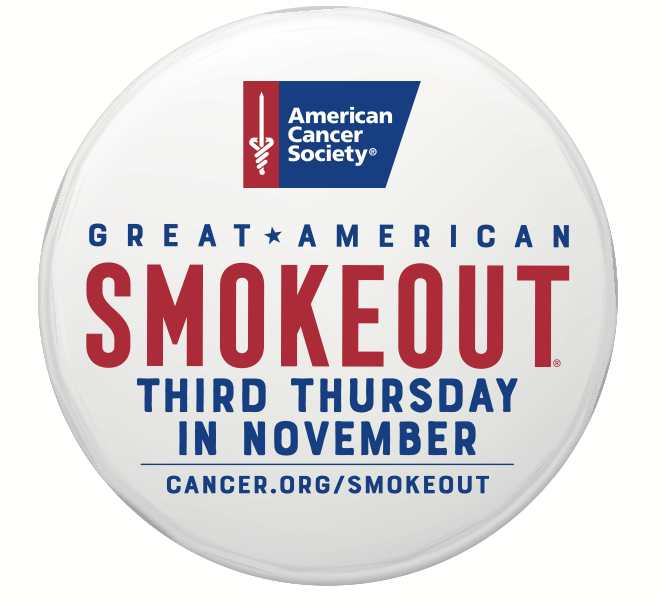First Annual Tobacco and the Environment Symposium
Watch the Policy Research Center for the Tobacco and the Environment team, community partners, and other tobacco prevention researchers present their posters from the First Annual Tobacco and the Environment Symposium.The event was hosted by the Center for Tobacco and the Environment on May 31, 2024, World No Tobacco Day.
Tobacco Product Waste Community Meetings
Fall 2023
Presenters
Georg Matt, PhD
Lydia Greiner, DrPH
Kris Tran, MS
Michael Vingiello, MPH

For the past three years, a team of SDSU researchers and community partners identified, categorized, and mapped the distribution of tobacco product waste in eight cities in San Diego County: Carlsbad, Chula Vista, El Cajon, Escondido, San Marcos, Vista, Oceanside, and San Diego. As a result of this project, San Diego County has, for the first time, real data about the type, amount, and location of this toxic waste in local communities.
The research team shared their results and discussed solutions with the community at meetings throughout San Diego County.
Reducing Tobacco Product Waste This Great American Smokeout
October 25, 2023
Center for Tobacco and the Environment
San Diego State University and California State University San Marcos are coming together to promote tobacco-free lives and the 47th annual Great American Smokeout on November 16th.
The Great American Smokeout is an annual event put on by the American Cancer Society on the third Thursday in November to encourage people to quit smoking. The Smokeout acts as starting point for people’s journeys to quit smoking, encouraging them to make at least a single day tobacco-free.

In support of the day, both SDSU and CSUSM will share their projects about tobacco and smoking waste at a community meeting from 12-1 pm at Markstein 101 on CSUSM’s campus.
SDSU’s Center for Tobacco and the Environment will present its Tobacco Product Waste Reduction Project. For this project, the researchers collected almost 30,000 pieces of tobacco-related waste items, such as cigarette butts and vape cartridges, in just 60 census blocks around the county. They estimate that throughout the eight largest cities in San Diego County, there are around 9 million pieces of tobacco trash. If 9 million cigarette butts were lined up end-to-end, they would reach from San Diego to Palm Springs.
“There’s really a lot out there,” said Georg Matt, PhD, the principal investigator on the project. He explained that, unlike many other forms of pollution, we know exactly where this pollution comes from: tobacco products. “Our goal is to figure out how to get tobacco product waste in neighborhoods, shopping malls, parks, and beaches to zero.”
After the researchers finished collecting waste, they restarted the process beginning with the last block. They found that within two months, 96% of the original amount of waste had reaccumulated. Their next step in the project is to engage with the community to consider ways to limit waste. Click here to see the schedule of meetings and register.
California State University San Marcos will present their collaborated research project with the University of California Davis. The project, called the Tobacco, E-cigarette, and Cannabis Waste Randomized Controlled Trial, is led by Kim Pulvers, PhD, MPH from CSUSM, and Elisa Tong, MD, and Susan Stewart, PhD, from UC Davis.
Pulvers, Tong, and Stewart will study CSUSM and UC Davis students’ perspectives of tobacco and vaping product waste. Students enrolled in the project will watch videos, take surveys, and talk with researchers throughout a 6-week intervention. These study visits will allow researchers to consider students’ views and behaviors about tobacco, nicotine, and cannabis vape waste. CSUSM and UC Davis students interested in participating in the study can email tecwrct@gmail.com.
Through these studies focused on tobacco waste, SDSU and CSUSM are reminding Great American Smokeout participants of a reason beyond health to quit smoking: environmental protection. The more people who quit smoking, the fewer tobacco products are used, and less tobacco waste pollutes communities. By quitting smoking, people aren’t just protecting themselves and their loved ones, they are also protecting the environment we all share.
These research projects were supported by funds from the California Tobacco-Related Disease Research Program of the University of California, Grant Numbers T31IR1649 (Tobacco Product Waste) and T32SR4917 (Randomized Control Trial).
